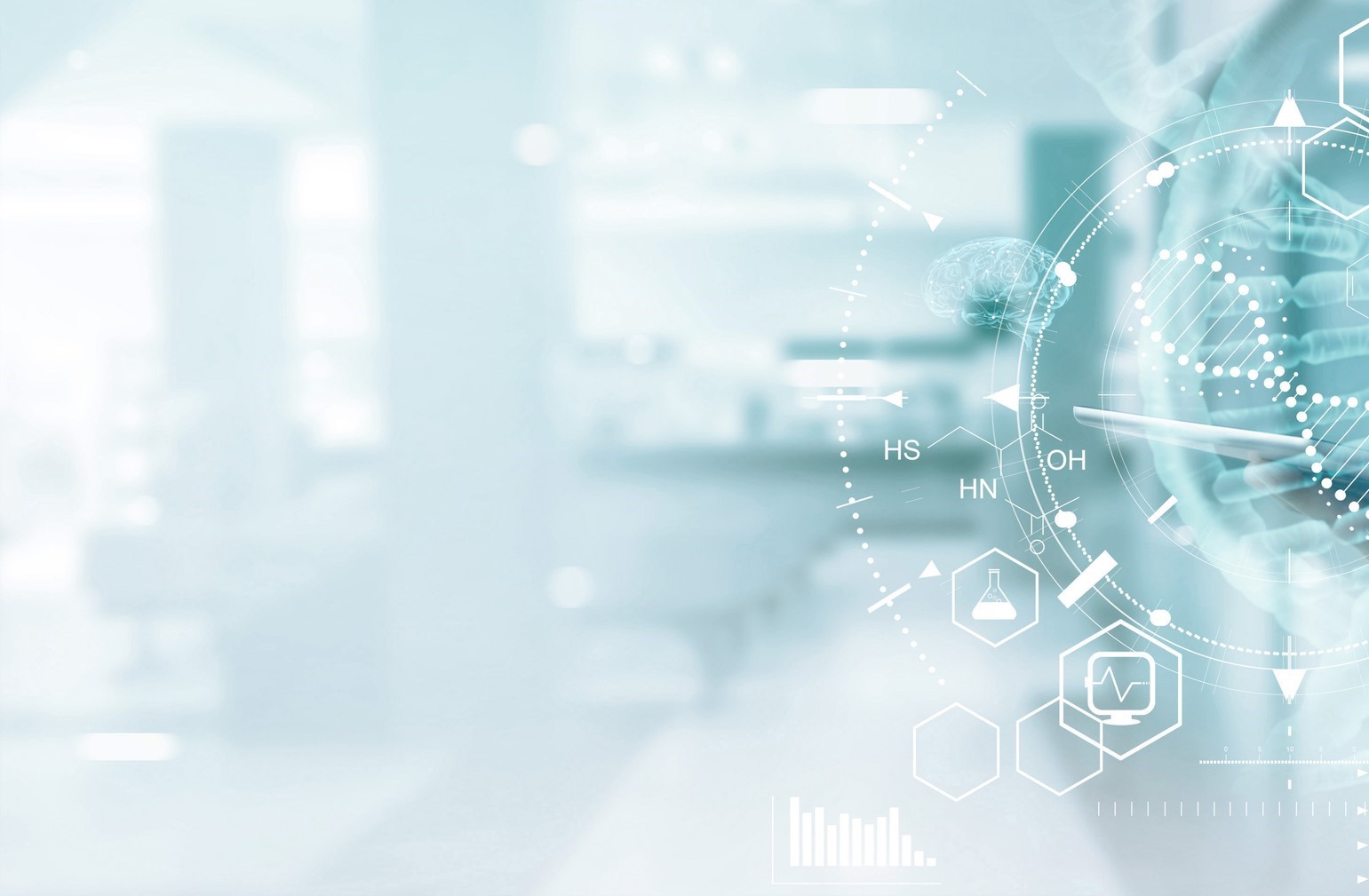Dittmar & Indreniuksen ja Terveysteknologia ry:n yhteistyössä toteuttaman webinaarisarjan ensimmäisessä osassa Anna Haapanen ja Johanna Tuohino puhuvat ohjelmistosopimuksista terveysteknologia-alan toimijoiden näkökulmasta.
Tässä webinaarissa keskustelemme ohjelmistosopimusten olennaisista ehdoista, vastuukysymyksistä sekä datan ja immateriaalioikeuksien suojaamisesta erilaisten terveysteknologian ohjelmistojen yhteydessä, onpa sitten kyse erillisestä ohjelmistotuotteesta, terveysteknologian laitteeseen sisältyvästä ohjelmistosta taikka pilvipalveluna tarjottavasta ohjelmistosta.
Webinaarissa käsitellään muun muassa seuraavia aiheita:
- Johdanto: ohjelmistot lääkinnällisinä laitteina
- Ohjelmistosopimukset: alihankinta ja kaupallistaminen
- Ohjelmistosopimusten tärkeimmät kontrollipisteet
- Data ja immateriaalioikeudet ohjelmistokontekstissa
Webinaari
torstai 10.3.2022, klo 10.00 – 11.00
Jos et ole saanut kutsua tilaisuuteen ja haluaisit osallistua, voit olla yhteydessä:
juulia.myllykangas@dittmar.fi
Tilaisuutemme ovat ensisijaisesti tarkoitettu asiakkaillemme ja muille sidosryhmillemme.
The webinar is in Finnish.


